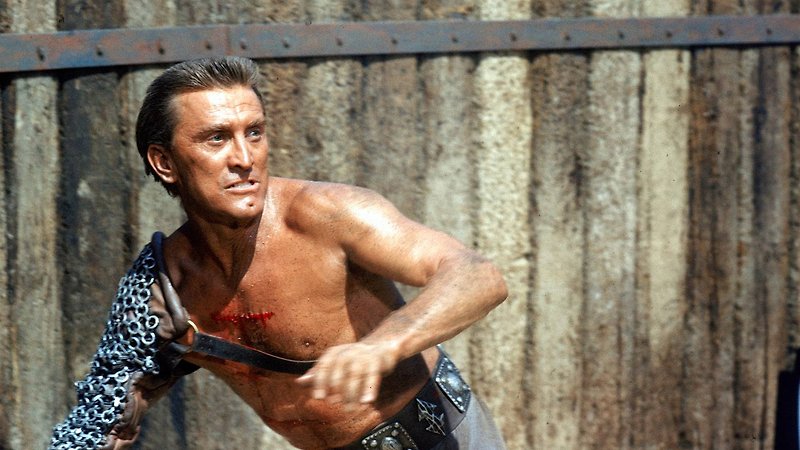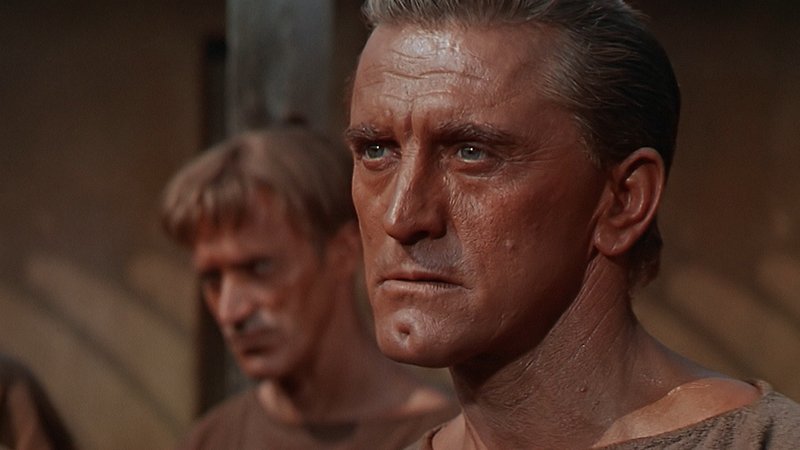Stanley Kubrick’s first and last major studio-assigned project endures as the most entertaining of Hollywood’s Roman Empire epics, thanks to a literate script, a lively cast, and its young director’s cool mastery of its spectacular action scenes.


A stirring classic… The great-granddaddy of Ridley Scott's Gladiator hasn't lost any muscle tone
Screened as part of Autumn Events 2015
Spartacus 1960
Young Stanley Kubrick stepped up to filmmaking on the grand scale to direct the most literate and enjoyable of all Hollywood’s ancient-Rome epics. Producer/star Kirk Douglas is forever remembered as the shirtless rebel slave, but it’s the rest of the cast who give the film its zest. Laurence Olivier is the born-to-rule Crassus, icy and ruthless. Charles Laughton is the worldly senator, a wily pragmatist and circumspect serial seducer. Peter Ustinov, the only actor to win an Oscar for a Kubrick film, is roguishly engaging as the merchant and trader of gladiators, the oil in the machine of Empire. The immortal “I am Spartacus” aside, it’s these villains that have the best lines in writer Dalton Trumbo’s sly characterisation of the decadent and divided one percent. (Olivier’s lecture on the relative merits of oysters and snails to slave boy Tony Curtis was too much for homophobic censors in 1960.)
The hand of Kubrick is most apparent in the cool analytics of political power and its pictorial translation into spectacular action: the detachment with which the deployment of vast battalions is set before us in the climactic battle scene is as thrilling as it is chilling.
“A full five decades after its debut, Spartacus is no longer a mere movie. Instead, the strange, flawed, enthralling sword-and-sandal epic long ago entered that thorny realm where unclassifiable cinematic touchstones (Vertigo, Night of the Hunter, Brazil, et al.) reside. Directed by a 32-year-old, produced by and starring mid-century superstar Kirk Douglas and featuring a galaxy of acting luminaries, the 1960 blockbuster has been exalted, imitated and parodied; honored, derided and dissected; and after all these years, it still achieves what most three-hour, big-budget historical dramas can only dream of: it’s entertaining as hell.” — Ben Cosgrove, LIFE.com